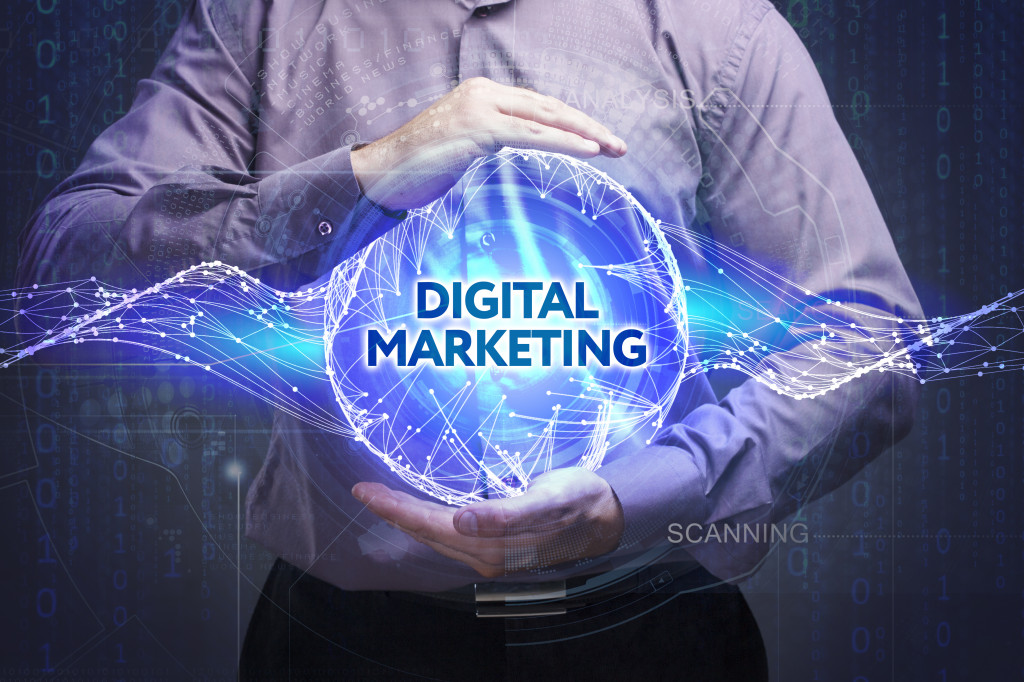The pandemic had a significant effect on businesses across the country. Around 43 percent had to close temporarily due to the situation. While the situation has improved two years after the start of the pandemic, businesses continue to face challenges in how they can connect with their markets.
If you’re like most business owners, you know that marketing is essential to your company’s success. But with so many different marketing techniques, it can be tough to know which ones are right for your business. This blog post will look at common marketing techniques and how they can be applied to different industries.
Traditional Marketing
Traditional marketing techniques are still among the most effective ways to reach customers and promote a product or service. Even in the digital age, traditional marketing methods such as print advertising, direct mail, and telemarketing continue to be popular and generate results.
There are many benefits of traditional marketing. Perhaps the most obvious benefit is that it is highly effective at reaching many people. Traditional marketing techniques can also be cost-effective, especially targeting your audience appropriately. Additionally, traditional marketing is a great way to create brand awareness and generate leads.
Digital Marketing
Digital marketing is the process of using online channels to promote or market products and services. These online channels include social media, email, search engines, and websites. Digital marketing uses a variety of strategies to help businesses reach their target customers.
Different industries require different marketing techniques. For example, the healthcare industry requires a different approach than the retail industry. Here are some tips for marketing to various industries:
Healthcare:
Your content should be educational and informative. It should focus on the benefits of the product or service you’re promoting. For example, if you’re marketing a new type of medication, your content should explain how this medication can help patients.
You can use a variety of online channels to reach healthcare professionals, such as Twitter, LinkedIn, and Facebook. You can also use traditional media, such as print and television.
Retail:
Your marketing should be focused on your target market. For example, your content should be geared towards parents if you’re selling children’s clothes. You can use a variety of online and offline channels to reach your target market. Some examples of offline channels include print ads, television commercials, and radio ads. Online channels include social media, email marketing, and search engine optimization (SEO).
Technology:
When you create content, make sure it’s accurate and up-to-date. Technology changes quickly, so outdated information will lose its value. Your content should also be helpful and informative. For example, your content should explain how to use the program and its benefits if you’re promoting a new software program.
You can use a variety of online channels to reach your target market. Some examples of online channels include social media, email marketing, and search engine optimization (SEO). You can also use offline channels, such as trade shows and conferences.
Financial Services:
Digital marketing is an excellent way for the financial services industry to reach potential customers. By creating targeted ads and using social media platforms, businesses in this industry can connect with more people and convert them into customers. Additionally, websites and blogs can provide helpful information and build trust with potential clients.
These innovative marketing ideas for insurance agents can help them connect with their clients. And once they connect with their market, they can offer their clients the best coverage.

Relationship Marketing
The importance of relationship marketing is significant in any industry. Businesses need to nurture customer relationships to retain them and build brand loyalty. Relationship marketing focuses on customer service and developing long-term customer relationships. It involves understanding customers’ needs and preferences and providing personalized attention and support.
To be successful with relationship marketing, businesses need to understand their customers well. They need to track customer behavior, identify buying patterns, and understand what drives customer loyalty. They also need to be responsive to customer feedback and complaints and provide customers with personalized service that meets their needs.
Relationship marketing is significant for businesses in competitive industries with a high customer turnover rate. It can help businesses retain customers and build brand loyalty. And it can also help businesses attract new customers by referrals from existing customers.
Guerilla Marketing
Guerrilla marketing is an advertising strategy in which a company uses unconventional means to promote its products or services. This includes street theatre and flash mobs to stickers and graffiti. The point of guerrilla marketing is to capture the public’s attention unexpectedly and memorably to create buzz around a product or service.
One of the most famous examples of guerrilla marketing is when Levi’s placed stencils of their logo around cities and then photographed people interacting with them. This created a lot of social media buzz and got people talking about the brand.
Guerrilla marketing can be a great way to get attention for your business, especially if you are on a tight budget. However, it is essential to ensure that your campaigns are well thought out and relevant to your target audience, as otherwise, you could alienate potential customers.
As you can see, there are a variety of different marketing techniques that can be applied to different industries. The key is to find the techniques that will work best for your specific business and audience.
